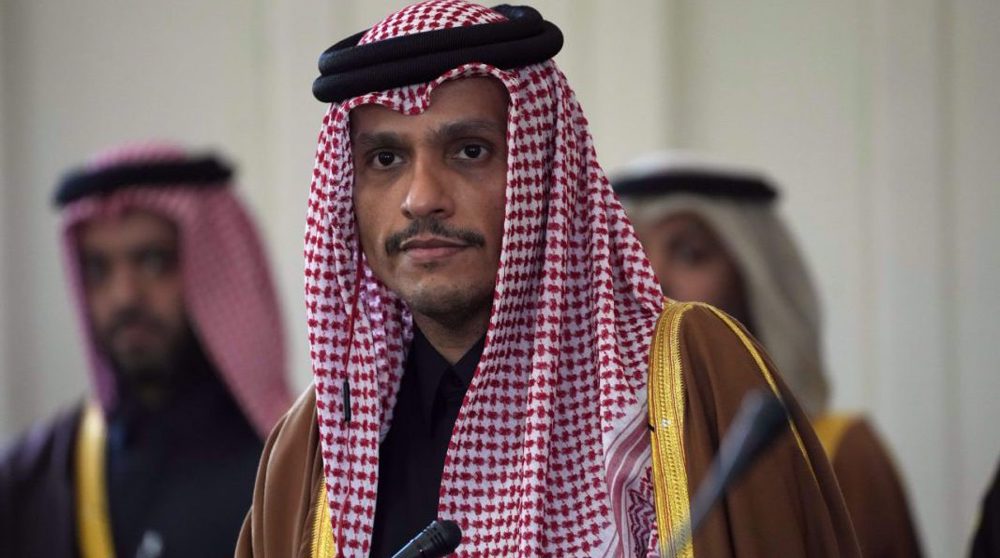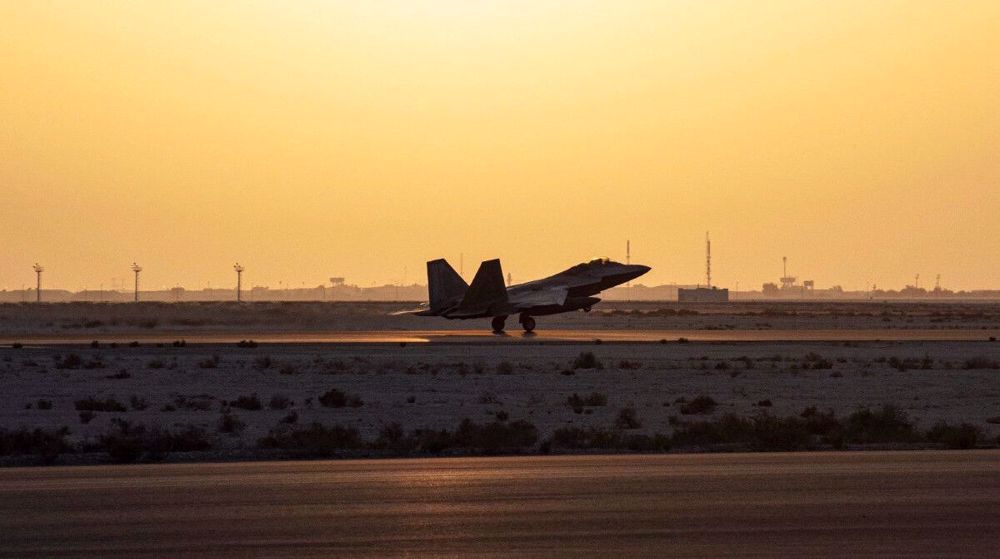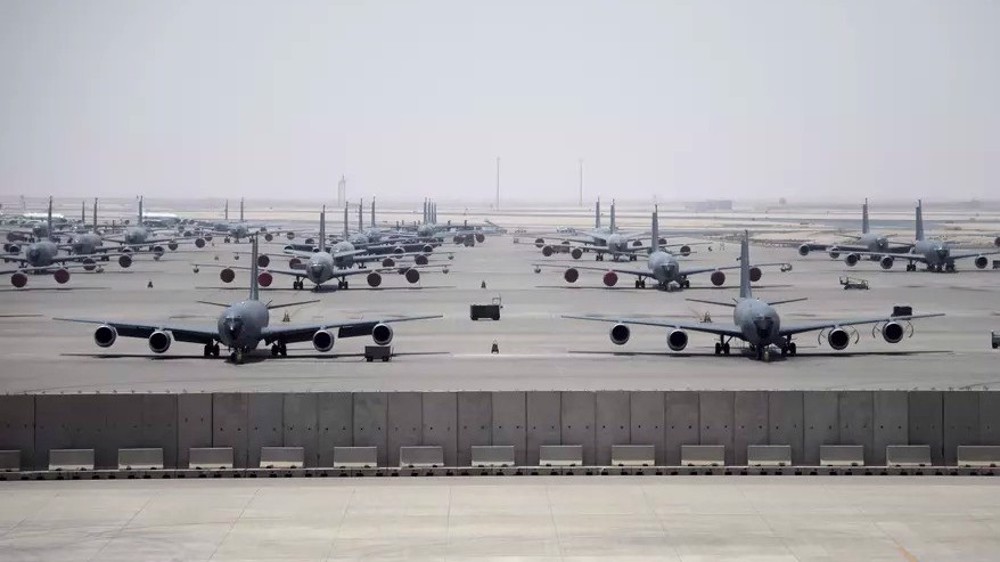Qatar isolation could last for years, says Emirati official
A senior Emirati official says some Arab monarchies of the Persian Gulf region could continue to isolate Qatar "for years” if Doha did not alter its foreign policy.
"Qatar will realize that this is a new state of affairs and isolation can last years,” Anwar Gargash, the United Arab Emirates (UAE) state minister for foreign affairs, said during a press briefing in the French capital on Monday.
"There must be some people who are wise in Qatar and who will prevail, hopefully within the ruling family," Gargash noted, stressing, "This is not about regime change, it is about behavior change."
Gargash, who was in Paris as part of efforts to lobby European countries to put pressure on Doha, went on to say that the priority concern was dealing with Doha's alleged links to al-Qaeda-affiliated groups across the region as well as its ties to the Muslim Brotherhood movement and the Palestinian resistance movement Hamas.
Saudi Arabia, Bahrain, Egypt and the United Arab Emirates cut their diplomatic and economic ties with Qatar earlier this month, accusing Doha of supporting terrorism, an allegation rejected by the Qatari government.
Read more:
Gargash also expressed concern that Iran and Turkey would try to fill the vacuum caused by the rift to get closer to Qatar.
The UAE official urged Turkey, which has supported Qatar, to be neutral.
"It's early days. Turkey is trying to balance between its ideological zeal and its national interests. We are still in the phase and let's hope they are wise and understand that it's in its best interest ... what we are doing."
Turkey had initially stayed neutral in the dispute, but soon became more assertive in its support for Doha. On June 7, Turkey's Parliament approved the deployment of troops to a Turkish military base in Qatar.
Turkish troops have also taken part in planned joint military exercises at the Tariq bin Ziyad military camp in Doha.
Read more:
Iran has also sent several cargo planes of food to Qatar and plans to provide 100 tonnes of fruit and vegetables every day amid concerns of shortages.
Read more:
Elsewhere in his remarks, Gargash said he believed that when Qatar did back down, there would be a need to monitor its activities in the region, something Western powers could undertake.
"There is no trust. So far it's an idea to create a monitoring system ... France, Britain, [the] US or Germany could monitor because they have the diplomatic clout and technical know-how."
The UAE, Saudi Arabia and Qatar are widely known to be aiding an assortment of Takfiri militants fighting to topple the Syrian government.
According to observers, the recent fallout in relations came in the wake of Qatar's apparent break with past policies and its leaning toward Russia and Iran -- similar to Turkey's turnabout on the Syria crisis.
Doha says it is being targeted due to its independent foreign policy.
Israeli occupation of Palestine ‘main cause of instability’ in region: Turkish FM
VIDEO | Columbia students camp on university grounds in support of Palestinians
VIDEO | Muslim unity and Palestine
UN Security Council's inaction prompted Iran to attack Israel: FM
Know their names: Palestinian athletes, scouts, coaches killed by Israel in Gaza
'It was not a strike': Iran FM dismisses Israeli weapons as 'children toys'
The struggles of Occupied Palestine
Saadi Day: Ayatollah Khamenei exalts great Persian poet















 This makes it easy to access the Press TV website
This makes it easy to access the Press TV website